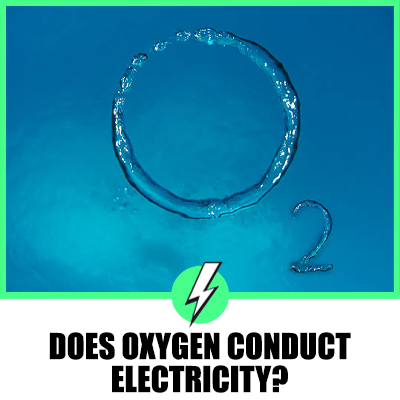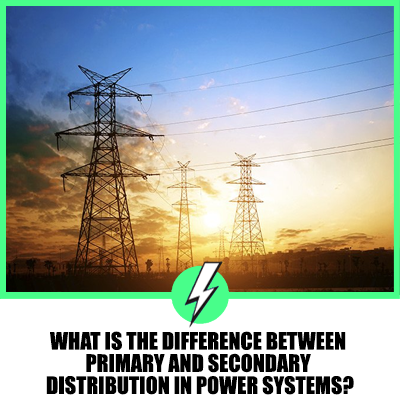Does Oxygen Conduct Electricity?
The world of electricity and conduction is a fascinating one, filled with intriguing questions and surprising answers.
One such question that has piqued the interest of scientists and laypeople alike is whether oxygen can conduct electricity.
This question may seem simple, but the answer is far from straightforward.
It requires a deep dive into the atomic structure of oxygen and the principles of electricity conduction.

Contents
Understanding Electricity Conduction
Before we delve into the specifics of oxygen and its conductive properties, it’s essential to understand what it means for a substance to conduct electricity.
In the simplest terms, a conductor is a material that allows the free flow of electrons.
This flow of electrons is what we commonly refer to as an electric current.
Metals, such as copper and silver, are excellent conductors because they have a large number of free electrons that can move easily.
On the other hand, insulators are materials that do not allow the free flow of electrons.
They have few free electrons, and the ones they do have are firmly bound to their atoms, making it difficult for an electric current to pass through.
Examples of insulators include rubber, glass, and yes, oxygen.
Does Air Never Conduct Electricity?
Air, in its natural state, is a poor conductor of electricity.
This is primarily because the molecules in air are not free to move around, unlike in metals where free electrons allow for easy conduction of electricity.
However, under certain conditions, air can indeed conduct electricity.
This phenomenon is most commonly observed in the form of lightning during thunderstorms.
According to a discussion on Physics Stack Exchange, the principle of dielectric breakdown comes into play during thunderstorms.
The air between the cloud and the ground acts like a capacitor.
When the electric field is high enough, the air partially ionizes, at which point there are free electrons to carry current and the air becomes, essentially, conductive.
Does Hydrogen Conduct Electricity?
Like oxygen, hydrogen is also a gas and does not conduct electricity in its natural state.
However, when ionized under certain conditions, hydrogen can conduct electricity.
The ionization process involves the removal of electrons from hydrogen atoms, turning them into ions.
These free electrons can then move and carry electric current.
Is Air a Good Conductor of Electricity?
Air is not a good conductor of electricity under normal conditions.
However, when subjected to a high enough electric field, air can become ionized and conduct electricity.
This is what happens during a lightning strike.
The high electric field generated in a thunderstorm causes the air to ionize and conduct electricity, resulting in a lightning bolt.
Insights from Online Discussions
The topic of oxygen and its ability to conduct electricity has sparked numerous online discussions.
On Circuits Gallery, it was noted that oxygen, being a gas, does not conduct electricity.
This sentiment was echoed on Quora, where users explained that oxygen atoms do not have free electrons that can move around to conduct electricity.
On Tools Week, the discussion revolved around the conditions under which oxygen might conduct electricity.
It was suggested that while oxygen does not conduct electricity in its natural state, it can do so when it is in a plasma state.
A similar discussion on Answers.com concluded that oxygen does not conduct electricity because it is a gas that we breathe in and a gas that we cannot see, so it cannot conduct electricity.
The Role of Ionization
Ionization is a crucial factor in the conduction of electricity by gases.
It involves the process of either adding or removing electrons from an atom or molecule, turning it into an ion.
In the case of oxygen, ionization can occur under specific conditions, such as in the presence of a strong electric field.
When oxygen is ionized, it gains free electrons that can move and carry an electric current, thereby allowing it to conduct electricity.
Conclusion
In conclusion, while oxygen does not conduct electricity in its natural state, it can do so under certain conditions.
When subjected to a high enough electric field, oxygen can become ionized, allowing free electrons to move and carry electric current.
This principle is the basis for phenomena such as lightning during thunderstorms.
Understanding these principles not only answers our initial question but also sheds light on the fascinating world of electricity and conduction.





